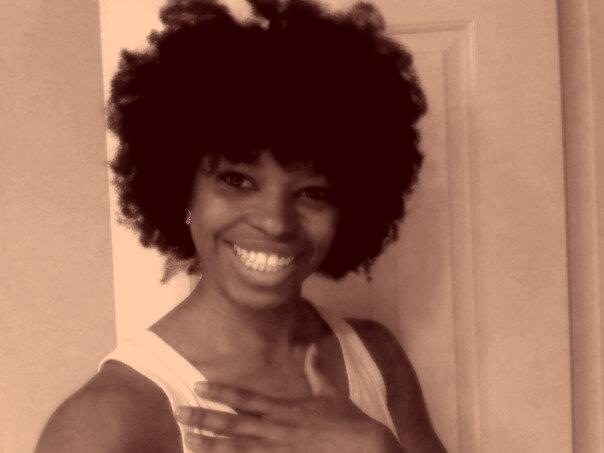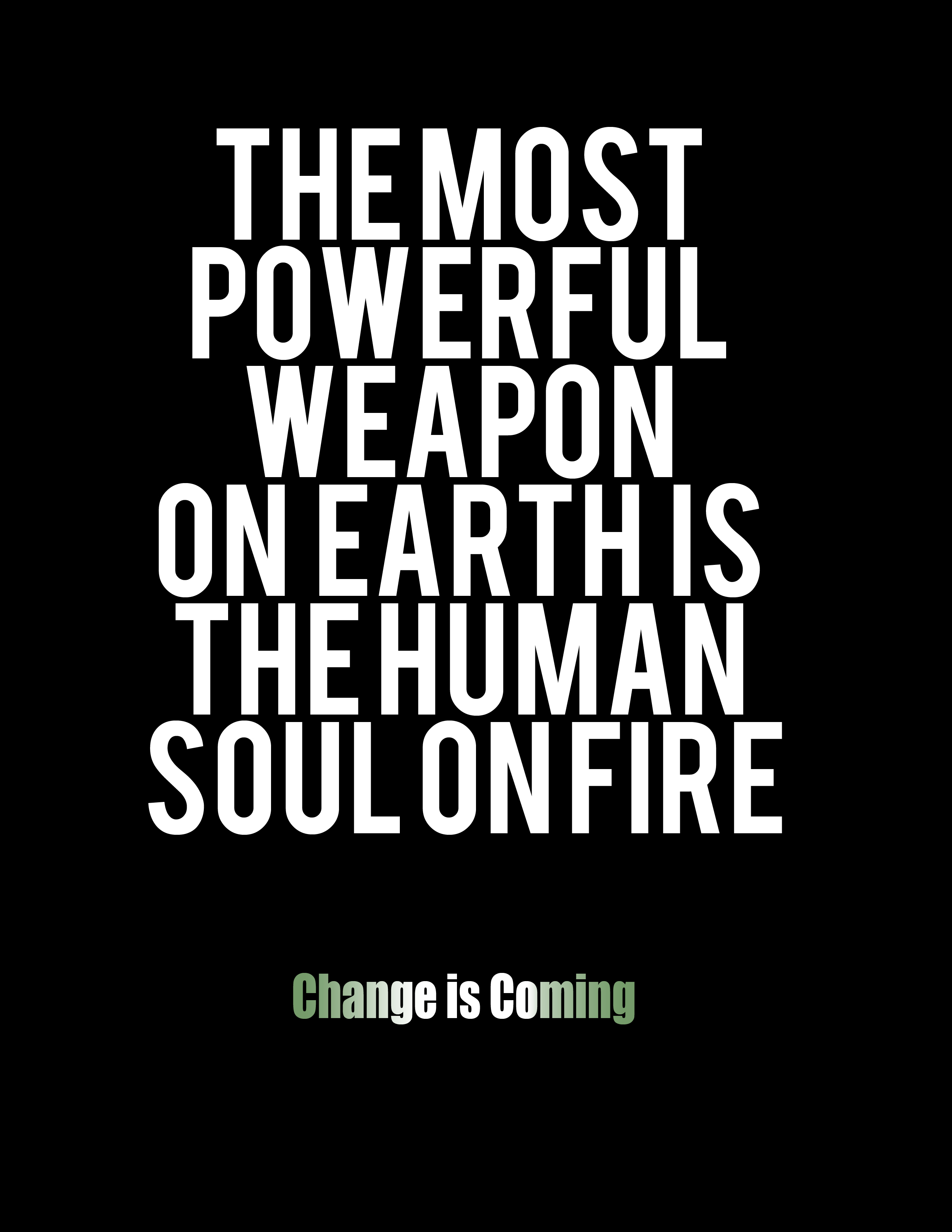Award-winning Namibian indie soul artist, Shishani, has just released the music video for her latest single, “Minorityâ€, a catchy, upbeat, acoustic track that calls for freedom and equality for all people despite perceived differences. She recently sat down with me to chat about her rise to stardom, her thoughts on…
-
Africans for Africa - Afrofeminism - Blog - Gender and LGBT Issues - LGBT Africa - Media - Music - Special Series
-
Blog - Gender and LGBT Issues - Guest Posts - Love Is My Revolution - Special Series - The Political, Personalized
Lessons Learned from a Straight African Woman: Homophobia is UnChristian
Love Is My Revolution: A few weeks ago, I shared a short photo essay about my best friend, ChiChi. We'd been estranged for four years due to my sexuality and her Christian faith. Recently, we reunited to find our friendship changed for the better. Given the ongoing battle between religion…
-
Black History Month Rant: We Are Not All Black in the Same Way
Warning: This is a rant. AKA I'm pissed, and don't feel the need to explain myself further than this: I'm Nigerian. I'm African. I'm Black. They don't compete, they complement, which is why when I'm asked to silence one for the sake of the other, I don't. Deal with it.…
-
Open Letter to LGBT Nigerians and Diaspora: Stand Fast, Change is Coming
They are afraid, of our voices, of our power, of our resiliency. They are afraid of a younger generation of citizens, activists, and diaspora, and our collective belief in a more progressive Nigeria. They are afraid of our growing influence as we gather allies not just from the west, but…



